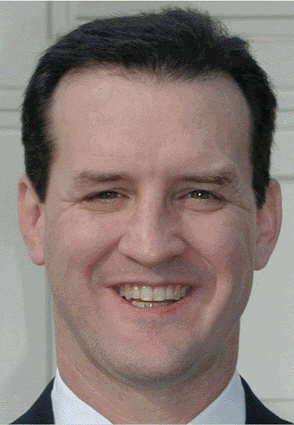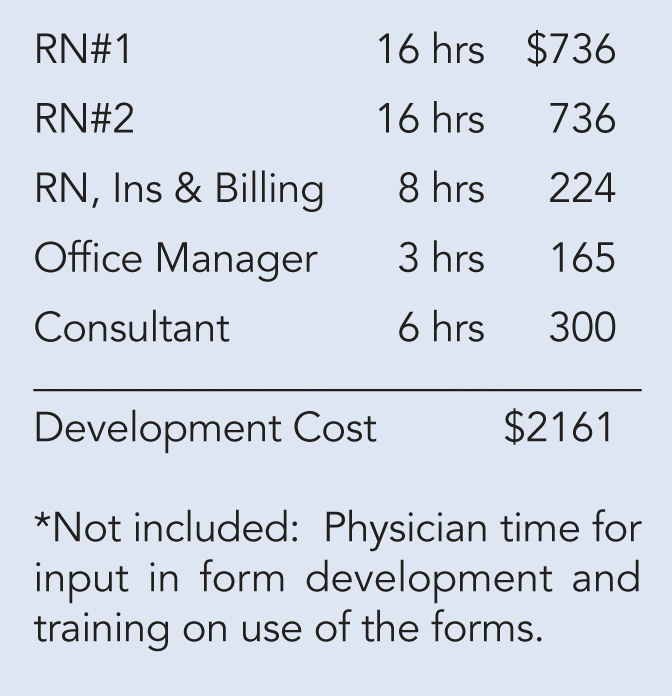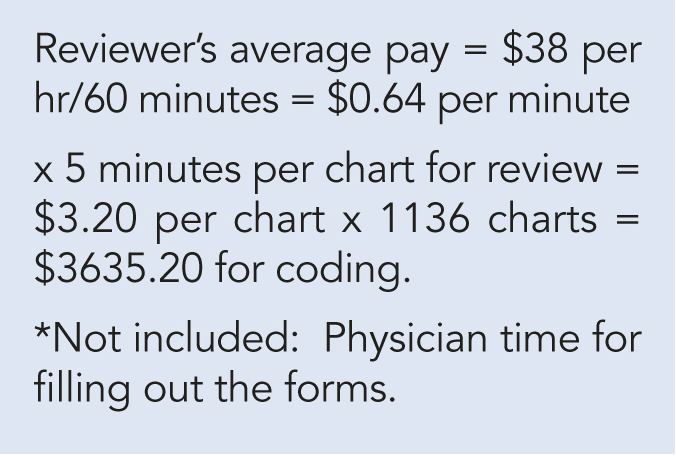 From a purely incentive standpoint, the PQRI program will fail as it stands. In order for the program to succeed, physicians need to have a significant reward for their efforts. This is currently not the case.
From a purely incentive standpoint, the PQRI program will fail as it stands. In order for the program to succeed, physicians need to have a significant reward for their efforts. This is currently not the case.Many may say that even though this may seem to be very poor remuneration, it’s better than nothing. However, it’s actually worse than nothing. You have to consider what resources were employed to obtain this bonus, what are the consequences of being involved in this program, and you have to ask yourself if the resources employed playing this game would not have been better served elsewhere.
Explore This Issue
January 2009In order to participate in the PQRI program, the above-mentioned group had to review material from CMS and select codes to be counted. They developed an internal office form to collect data on each patient and spent time teaching the staff and physicians how to use the form and collect the data. As you may suspect, this required a fair amount of work from the administrative and clinical staff of this busy practice. Below is a breakdown of the clinic’s conservative estimate of hours and costs associated with setting up this program:
After this, the data were collected on a daily basis. The forms were filled out, the data was keyed into the computerized billing system and then the claims were submitted to CMS. The cost associated with the daily review of each form for proper coding after the clinician filled out the form:
Altogether, the total minimum cost for setting up the program and administering the program on a daily basis came to $5796.20. Of course, this does not take into account any payment for the clinicians’ time and effort. For the effort of the clinicians’ above and their expenditure of their staff of $5796.20 in salary, they received a bonus from CMS of about $305. So they lost more than $5000 in getting rewarded by CMS-and that reward came about seven months after the end of the program. Since the bonus was received well into the next reporting period (July 2008), if this practice had reported in error and received no bonus, they would have continued their errors for half of the 2008 reporting cycle.
Some may say that participation in the PQRI program could be performed with much less expense than the above practice experienced. They may be right, but keep in mind that more than half of the practices that participated in the 2007 PQRI program received absolutely zero in bonus payment. The bottom line is, if you don’t dot your is and cross your ts, you won’t qualify for a bonus. Also, keep in mind that CMS holds the full power of the federal government. Just as failure to fill out your income tax forms correctly could result in the government asking for money and penalties back, incorrect PQRI forms could result in givebacks, penalties, and possibly accusations of fraud.


Leave a Reply